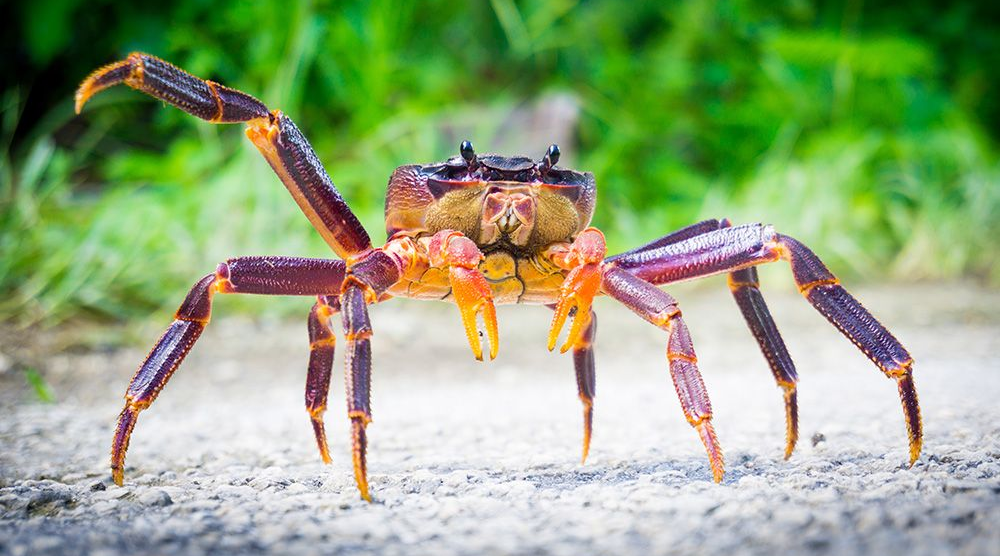NIUE
THE ROCK OF POLYNESIA(Niue is an island nation in the South Pacific)
Niue is a small yet remarkable island in the South Pacific, often called “The Rock of Polynesia.” It’s one of the world’s largest raised coral atolls, with dramatic limestone cliffs, hidden caves, and crystal-clear waters that make it unlike any other Pacific island.
With a population of around 1,600, Niue is one of the least populated self-governing nations in the world. Life here is peaceful, centred on family, village, and tradition. The people are known for their warmth and hospitality, and both Niuean and English are widely spoken.
Nature is Niue’s greatest treasure. Visitors can snorkel among pristine coral reefs, explore chasms and caves, hike through tropical forests, or even swim with humpback whales during their migration. The island has also declared its entire ocean territory a marine protected area, showing its strong commitment to conservation.
Niue is more than just an island—it’s a sanctuary of culture, community, and natural beauty waiting to be discovered.
Official Language: Niuean/English
Capital: Alofi
Government: Unitary non-partisan parliamentary
Religion: Christianity
Currency: New Zealand Dollar
Time: UTC−11
Internet: .nu
Phone: +683

Climate
Niue has a tropical maritime climate, with a warm, wet season from November to April and a cooler, dry season from May to October. The average annual temperature is around 24°C, with temperatures varying only slightly throughout the year due to the ocean's influence. The climate is characterised by two distinct seasons, influenced by the South Pacific Convergence Zone (SPCZ), and is subject to the effects of the El Niño-Southern Oscillation (ENSO) and southeast trade winds. Tropical cyclones are an occasional but significant hazard, particularly during the wet season.
Key features of Niue's climate
Tropical Maritime:
The climate is tropical, with the surrounding ocean moderating temperature changes.
Temperatures:
The annual average temperature is approximately 24°C, with a small seasonal range of only about 4°C.
Wet Season (November to April):
This period is warm, humid, and characterised by heavy rainfall, often from storms caused by the SPCZ.
Dry Season (May to October):
This season is cooler and drier, with the SPCZ usually displaced northeastward.
ENSO Influence:
The El Niño-Southern Oscillation (ENSO) significantly affects Niue's year-to-year weather, leading to periods of drought or increased rainfall.
Tropical Cyclones:
These severe storms pose a natural hazard, particularly during the wet season.
Southeast Trade Winds:
These winds also influence the climate, generally blowing from the southeast and affecting temperature and humidity.










